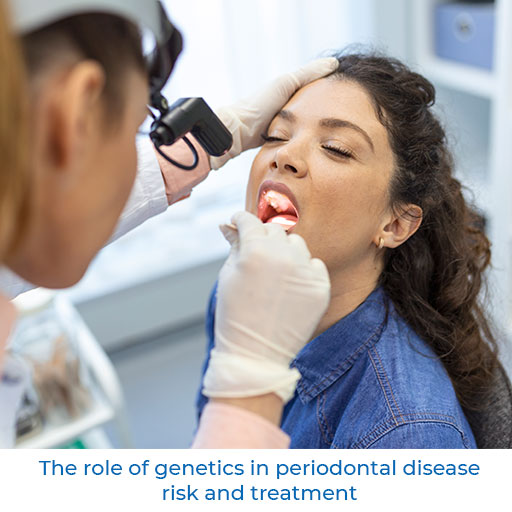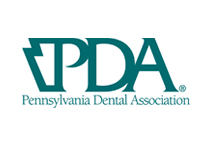
Periodontal disease is a serious condition that affects the gums and the underlying bone that supports the teeth. While several factors can contribute to the development of periodontal disease, including poor oral hygiene and smoking, genetics also play a crucial role in determining an individual’s risk of developing the condition.
Researchers have identified several genes that are associated with periodontal disease. These genes affect the immune system, the inflammation response, and the structure of the gums and bones. Genetic variations in these genes can increase an individual’s susceptibility to periodontal disease, particularly when combined with other risk factors.
Studies have shown that individuals with a family history of periodontal disease are more likely to develop the condition than those without a family history. In fact, the risk of developing periodontal disease is up to six times higher in individuals with a family history of the condition.
Understanding the role of genetics in periodontal disease risk is crucial in developing effective prevention and treatment strategies. For individuals with a family history of the condition, it is important to maintain good oral hygiene practices and to receive regular dental checkups to detect and treat any signs of periodontal disease early.
Additionally, genetic testing can help identify individuals who are at an increased risk of developing periodontal disease. With this information, healthcare providers can develop personalized prevention and treatment plans tailored to the individual’s unique genetic profile.
In terms of treatment, genetics can also play a role in determining the effectiveness of certain therapies. For example, some individuals may be more responsive to non-surgical treatments such as scaling and root planing, while others may require more aggressive surgical interventions.
Overall, the role of genetics in periodontal disease risk and treatment underscores the importance of personalized healthcare. By taking into account an individual’s unique genetic profile, healthcare providers can develop effective prevention and treatment plans to help reduce the risk of periodontal disease and improve oral health outcomes.
We hope you have received all the necessary information; for additional information, please visit our blog section or call us at (267) 908-4867.









